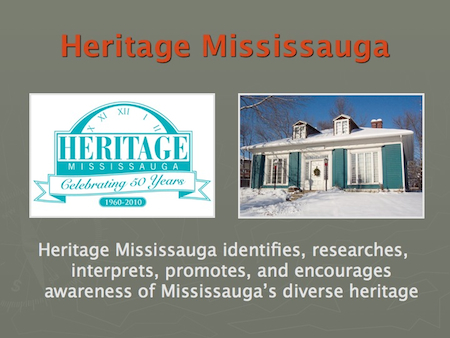If you are a history student or are thinking of entering the world of academic history, you are probably under the belief that the only possible futures are to either pursue a PhD or become a teacher. First of all, I don’t even want to spend the effort to tell you how wrong you are, and probably at some point during your undergraduate years you will realize this too. Second, I want to shed some light on one of the many opportunities that history students may be interested in –public history.
Public history is interactive.
Forget about writing essays in solitude. When you are working in public history, you are likely to meet and interact with all sorts of people along whatever project you are embarking on. In this field, people are your most valuable resource, and you will be encountering people every step of the way. When it comes to public history, there are a lot of events involved, and what kind of event will it be if there are no people? Whether you work for the city/town or a heritage/museum organization, your job will be to work with and give back to the community. You will be taking on a variety of different projects, and through them you will learn to work with people of all backgrounds and diversity.
Public history is about discovery.
It is often sporadic and spontaneous. This is especially if you worked in a city as diverse as Mississauga or Toronto, because you will be constantly discovering new cultures and histories with every person you meet. You are always uncovering history that has been hidden away, and bringing them to the surface for the world to see. Think of yourself as the Lewis and Clark of local history, but rather than geographic exploration, you are an explorer of the past. You allow people to be remembered by telling their stories.
Public history is creativity.
You can express yourself through the work that you do. In university, you are probably accustomed to writing essays on pre-assigned topics with specific guidelines. However, in public history assignments and projects take on a variety of forms. Whether it is designing an educational tour, curating an exhibit, writing magazine articles, or doing outreach programs, you have the space to stamp your identity on every project you do. In university, you are probably accustomed to writing essays on pre-assigned topics with specific guidelines. In the end, public history is about giving back to the community, and what better way to do so than to offer your own creative skills?
Public history is making a difference.
When you work in this field, you are working with the public, and therefore your decision will inevitably resonate with the community. Maybe your organization work closely with the municipal government to bring about change, or your work may involve fighting to preserve a heritage sight. Perhaps a historic theatre was to be torn down, but your voice convinced the government to change it into a museum instead. Whatever it is that you do, you have the ability to make history count. It is passionate people who work in public history that allow culture and heritage to be preserved and celebrated.

